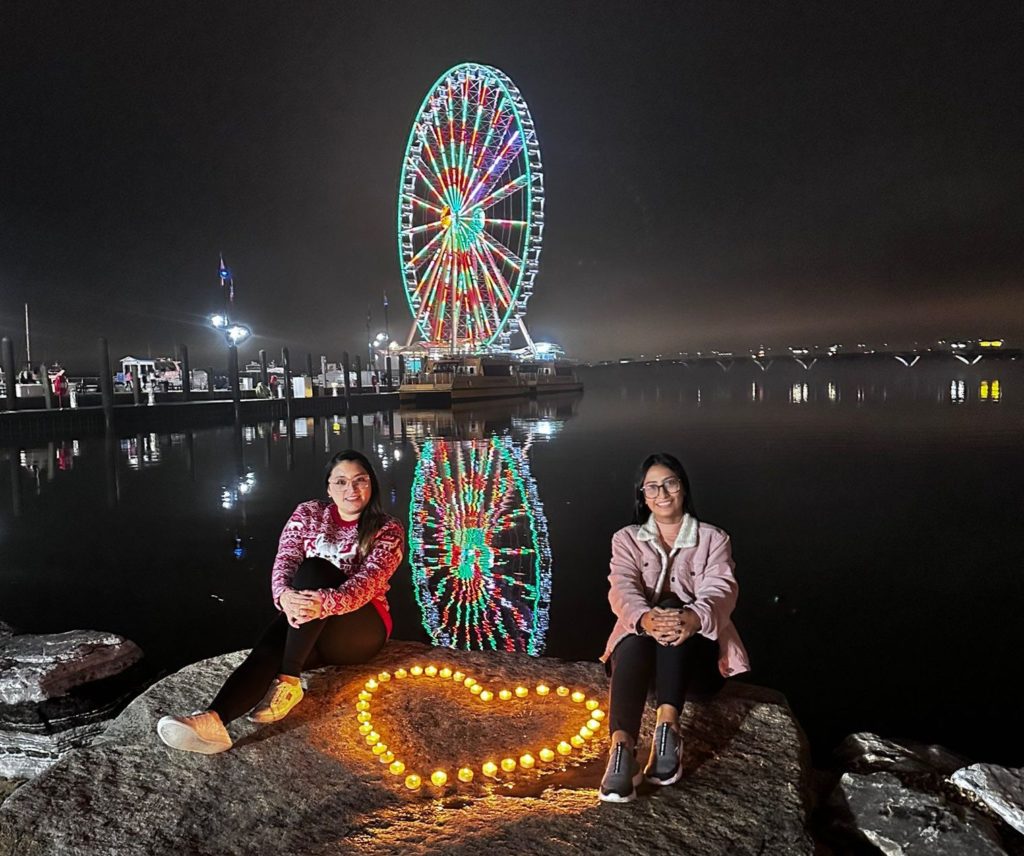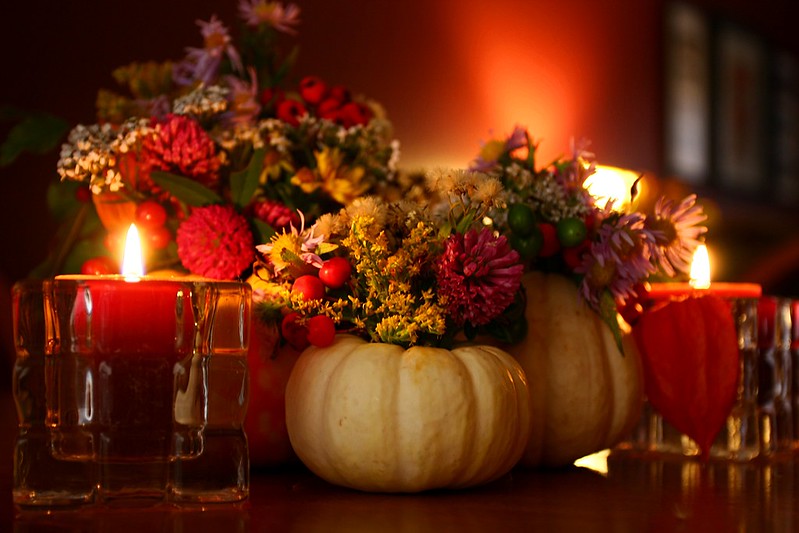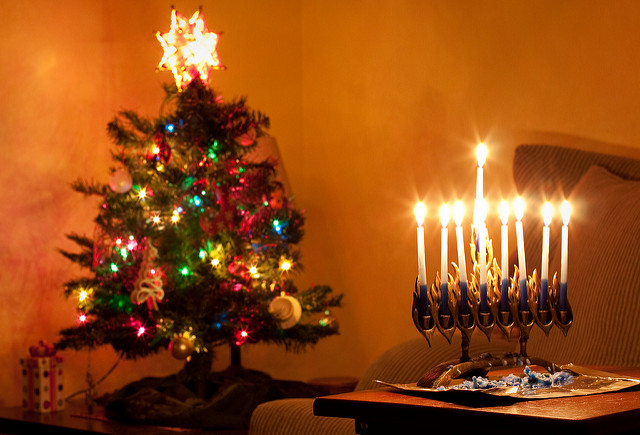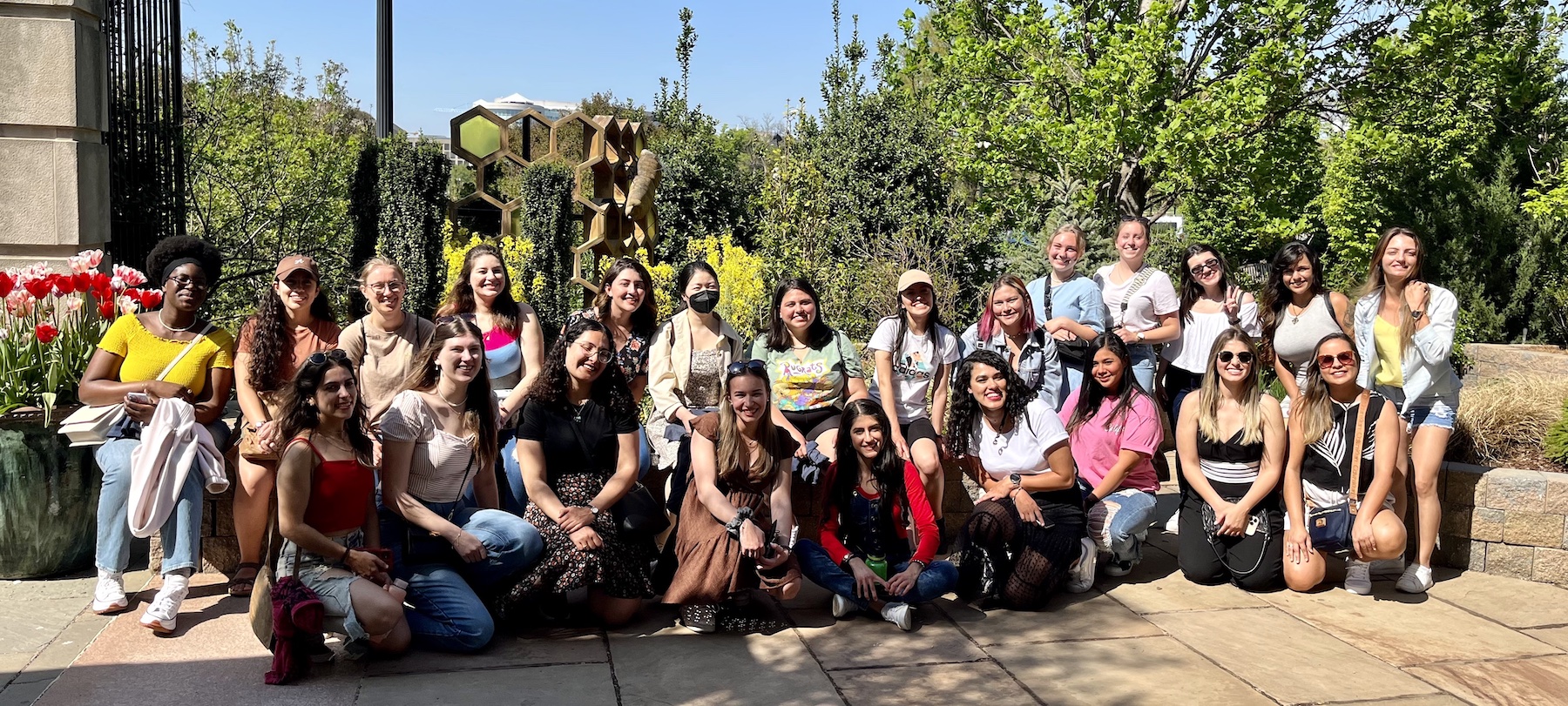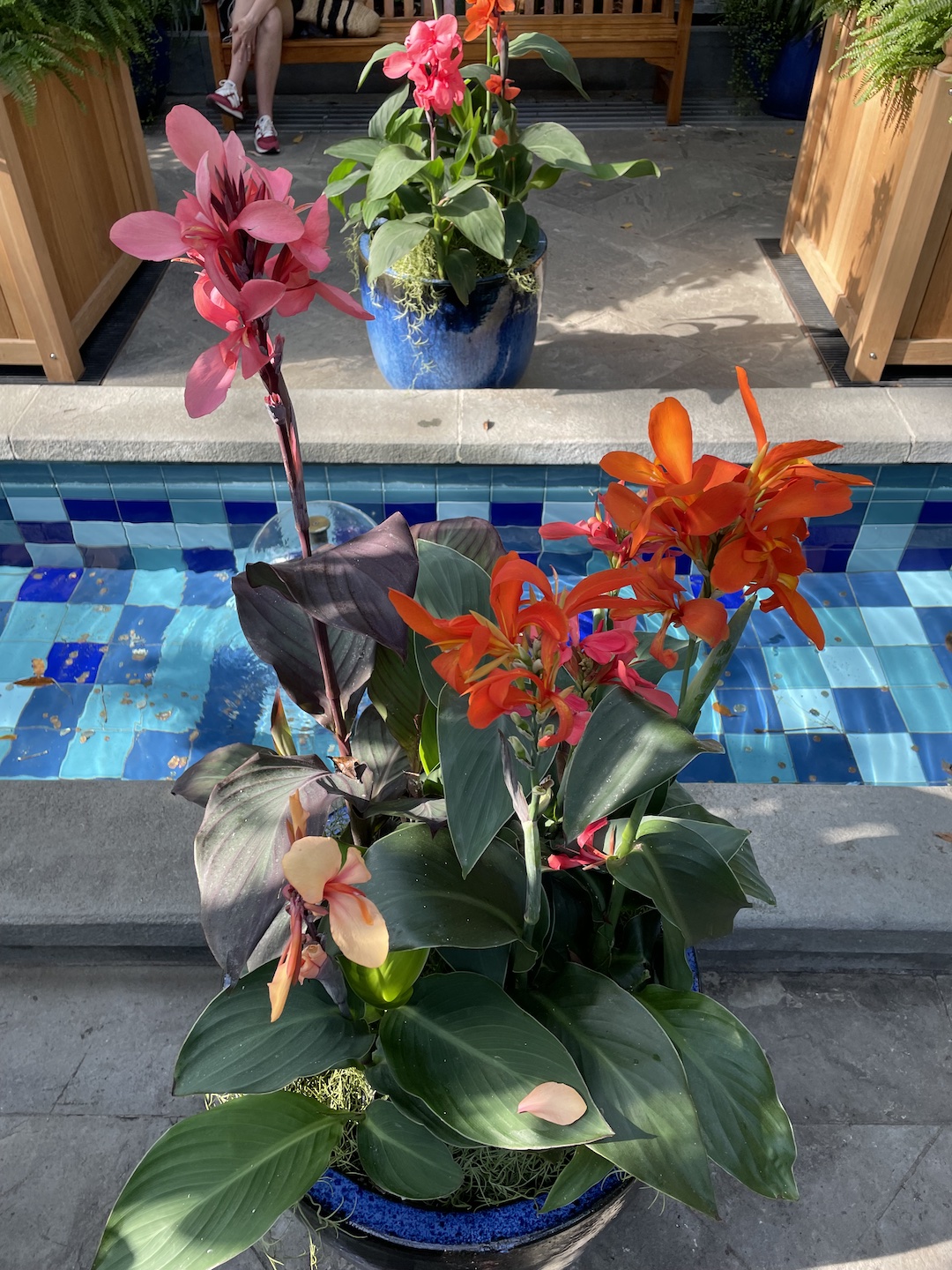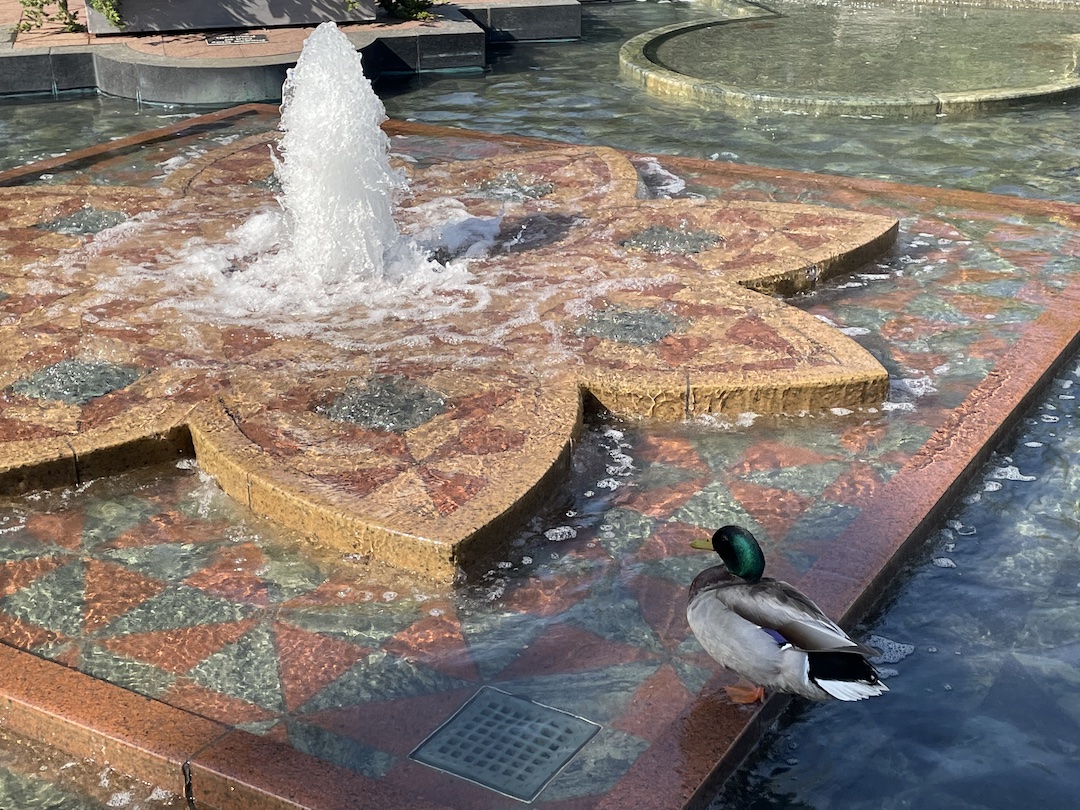Sometimes in the first few months after arrival, au pairs are still getting settled and making friends and not yet traveling very much. Believe it or not a year flies by faster than you think! These early months can be a great time to set goals, research places to go and make plans.
What can you do right now? Research and figure out where you want to go and what things you want to see and do there. Being a spontaneous traveler can be fun, but without planning you will often waste some of your precious vacation or weekend time figuring out things you could have looked into before you started your trip.
These ideas are to help you make general plans. You shouldn’t book any tickets or make any financial commitments until you discuss your vacation time with your host parents.
Planning can help you:
- Save money
- Make the best use of your time
- Fit in more adventures
- Visit places you might not have heard of before
It also extends the joy of the travel time. Making plans like this can help reduce homesickness by giving you things to look forward to and reminding you of why you came to the U.S. in the first place. You have many adventures ahead of you!
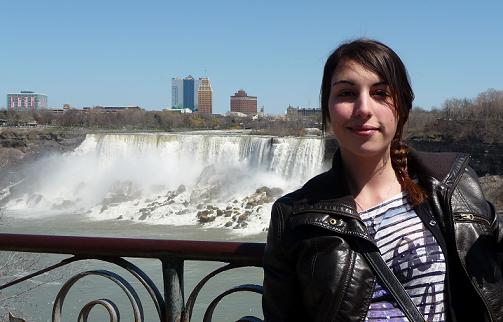
If you are looking for travel inspiration and ideas or a place to keep your travel ideas organized, Pinterest is a great place to start. You can browse other people’s travel and bucket list pinboards. You can create your own pinboards for places you want to go and ones you have already visited.
These three apps are all trip planners and offer the ability to research places and create your own itinerary. Each one has its own look and feel and slightly different features. Download them and see which one is the best fit for you.
- Trip Advisor (One of the best features is the reviews and tips from real people.)
- Visit a City
- Sygic Travel
Road trips can be the ultimate adventure. You set your own pace and stop to see what you want. The journey can be as much fun as your destination.
- Road Trippers is an app that helps you plan the ultimate road trip. It helps you determine your route and find interesting stops along the way.
- Atlas Obscura has lots of unusual places to visit all over the world.
Make plans to get the most out of your au pair year!
Photo: Natacha R. from France

